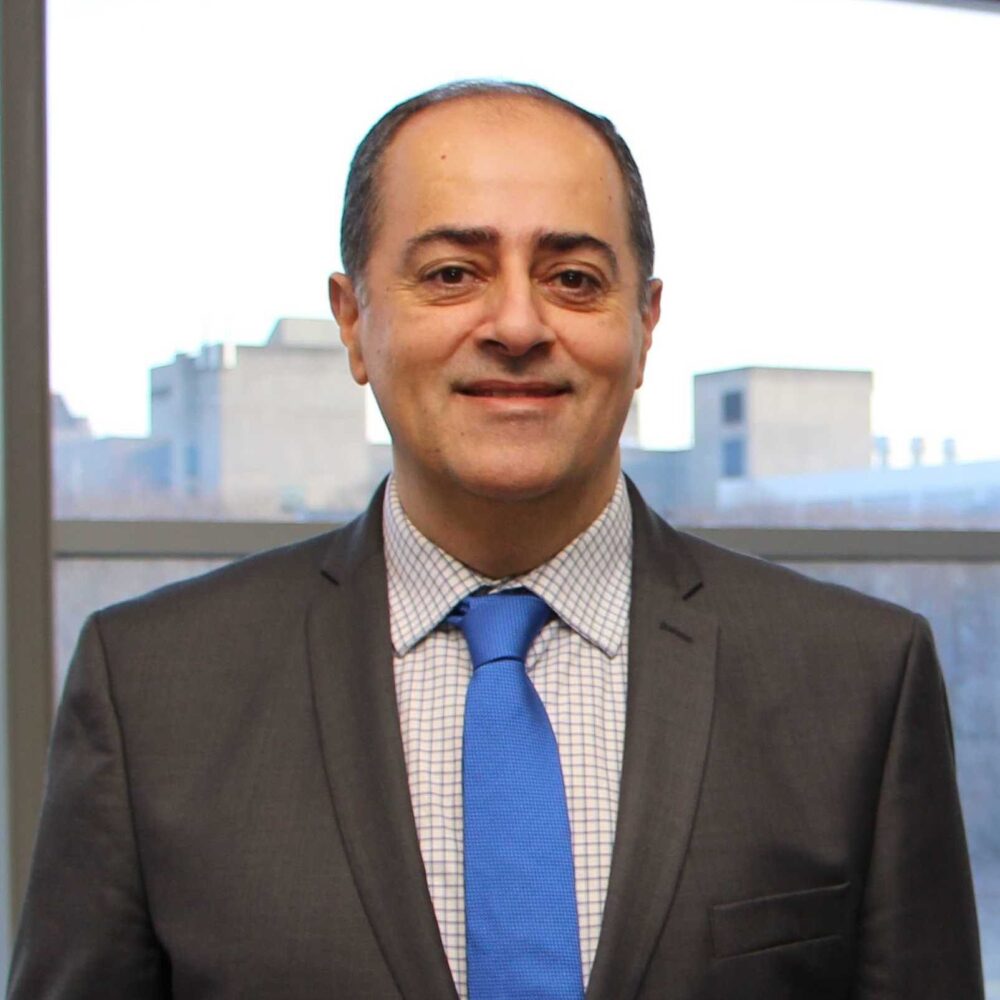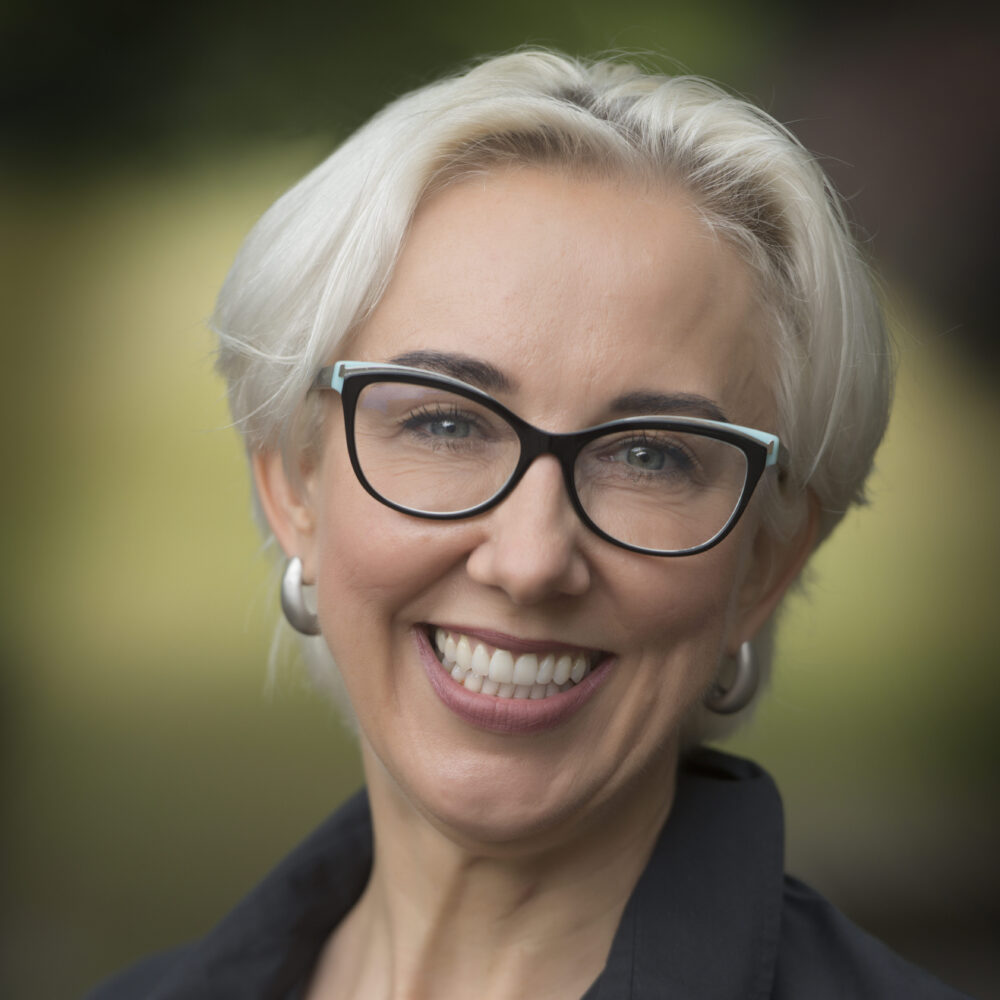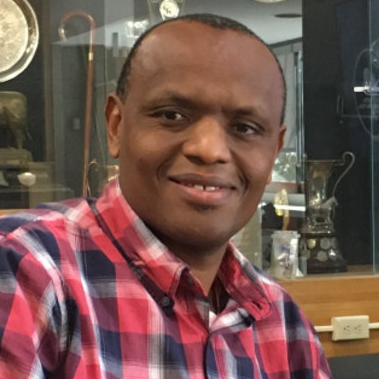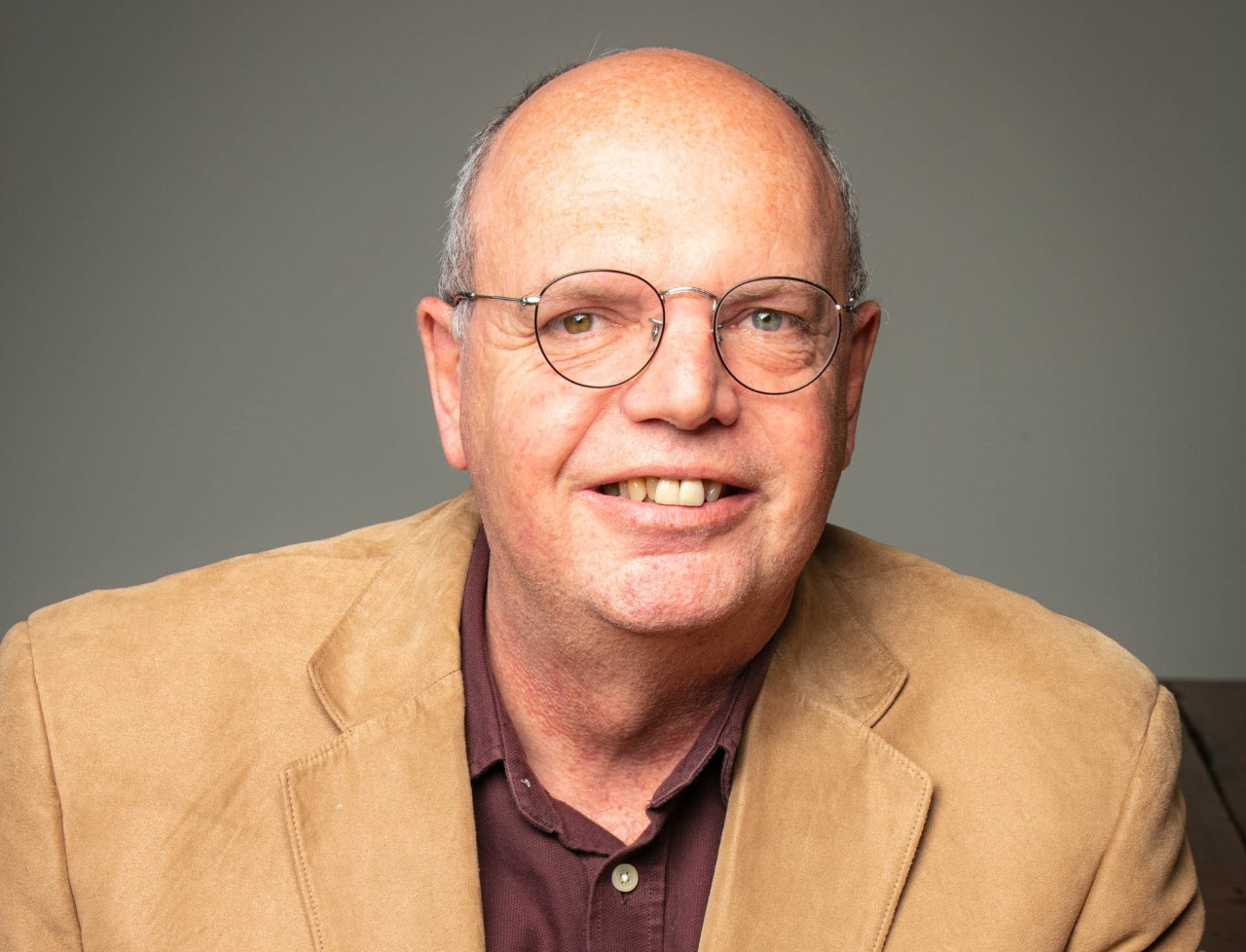Six University of Guelph researchers have received over $3 million from Agriculture and Agri-Food Canada (AAFC) through the Canadian Poultry Research Council (CPRC) to explore novel approaches to improving poultry health and food safety.
These contributions will fund eight separate projects focused on different aspects of poultry health and food safety, such as investigating the use of new feed ingredients and food safety measures, determining effects of climate change on gut health and virus transmission and exploring alternative disease therapies and waste management solutions.
“Each of these projects exemplifies the University of Guelph’s dedication to research excellence and underscores the commitment of our researchers to develop sustainable agricultural solutions for Canada’s poultry sector. I am honoured to have two of my own projects funded among such a distinguished group,” says Dr. Shayan Sharif, acting vice-president, research & innovation. “We are grateful to our valued partners for their generous support of these vitally important initiatives. These projects will improve poultry and human health and enhance consumer confidence in Canadian agricultural products.”
This funding is part of more than $5.1 million provided to the CPRC through the AgriScience Program – Clusters Component, an initiative under the Sustainable Canadian Agricultural Partnership (Sustainable CAP): a five-year, federal-provincial-territorial initiative to strengthen competitiveness, innovation and resiliency of Canada’s agriculture, agri‐food and agri‐based products sector.
“Investments in research are vitally important to the future of our agricultural sector,” says Lawrence MacAulay, Minister of Agriculture and Agri-Food in Canada. “By making sure our hardworking poultry farmers are using best practices and adopting innovative solutions, we’re not only strengthening our economy, we’re building a resilient industry that meets the needs of consumers, while protecting our environment for generations to come.”
These projects will leverage funding from across industry, as well as provincial and federal governments, including the Canada First Research Excellence Fund and the Government of Ontario through the Ontario Agri-Food Innovation Alliance, to support a thriving and competitive agri-food sector.
Dr. Shayan Sharif

Dr. Shayan Sharif, professor in the Department of Pathobiology, Ontario Veterinary College (OVC), will receive $914,970 to study avian influenza, an emerging disease of poultry with devastating impacts on the industry. Results of this research will help develop strategies to reduce the spread of disease in the face of a changing climate. Project collaborators include Drs. Amir Aliabadi and Rozita Dara, professors at U of G, and Dr. Samira Mubareka, scientist at Sunnybrook Research Institute.
Sharif will also receive $115,500 for a separate project to explore whether certain bacteria may help control chicken diseases by blocking cell-to-cell communication that fuels intestinal disease development. Sharif will work in collaboration with Dr. Joshua Gong, research scientist at AAFC.
Dr. Alexandra Harlander

Dr. Alexandra Harlander, professor in the Department of Animal Biosciences, Ontario Agricultural College (OAC) and Campbell Centre for the Study of Animal Welfare, will study the activity and physical development of chicken embryos and young birds. The project will explore why some chicken embryos are more active (kicking legs and moving wings) in their eggs than others, and whether higher amounts of embryonic exercise lead to better physical development post-hatching.
Harlander’s work will also look at whether physical training and/or social learning (observing and interacting with experienced older birds) of young chicks may further enhance physical development and help them learn to navigate their living environment in non-cage settings.
This work will be performed in collaboration with Dr. Bettina Willie, professor at McGill University, Dr. Bret Tobalske, professor at the University of Montana and Dr. Don Powers, professor emeritus at George Fox University. The findings of this research will guide management strategies aimed at enhancing the welfare of pullets (young hens that have not started laying eggs yet) and laying hens in alternative housing systems.
Dr. Nicole Ricker

Dr. Nicole Ricker, assistant professor in the Department of Pathobiology, OVC, will receive $497,950 to explore the use of bacteriophages (viruses that can only infect bacterial cells), administered alone or with gut-modifying feeds, as potential alternatives to antibiotics for battling Salmonella infections in poultry.
Ricker will work in collaboration with Dr. Hany Anany, research scientist at Agriculture and Agri-Food Canada.
Dr. Elijah Kiarie

Dr. Elijah Kiarie, professor in the Department of Animal Biosciences, OAC, will receive $269,264 to evaluate fruit pomaces (waste by-products from fruit processing that include skin, pulp, seeds, stems) as potential feed ingredients to enhance bird health, performance and food safety. Kiarie will work in collaboration with Dr. Moussa S. Diarra and Dr. Kelly Ross, research scientists at Agriculture and Agri-Food Canada.
Kiarie will also receive $197,432 for another project to measure the amounts of nitrogen-containing gases produced by chickens in broiler houses and develop strategies to reduce these outputs, as well as nutrient losses, by designing feed formulas to optimize protein utilization.
Dr. Animesh Dutta

Dr. Animesh Dutta, professor in the School of Engineering, College of Engineering and Physical Sciences, founding director of the Bio-Renewable Innovation Lab and University of Guelph Research Leadership Chair, will receive $180,800 to develop a thermochemical process for generating biochar from poultry litter. Biochar, a carbon-rich, petroleum-free material produced by pyrolysis (breaking down materials by heating them in the absence of oxygen) of organic waste, holds significant promise as a sustainable soil additive.
Dutta will work in collaboration with Dr. Moussa Diarra, AAFC, and researchers at McGill University to study how climate change impacts the gut health of poultry and explore innovative uses for valuable compounds found in litter. Findings of this research will help further sustainability and enhance agricultural practices using biochar and other waste-derived compounds.
Dr. Keith Warriner

Dr. Keith Warriner, professor in the Department of Food Science, OAC, will receive $121,550 to explore the use of antimicrobial gas-phase hydroxyl radicals to safely disinfect eggs in hatcheries.
Hydroxyl radicals are powerful oxidant species that, when applied to surfaces, may act as disinfectants. In this context, their application may lower the presence of disease-causing agents (Salmonella and others) that can negatively impact human and bird health and subsequently reduce their transmission.
The project will also assess how well the hydroxyl radical process works to decontaminate crates, trays and other surfaces where the spread of germs can occur.
